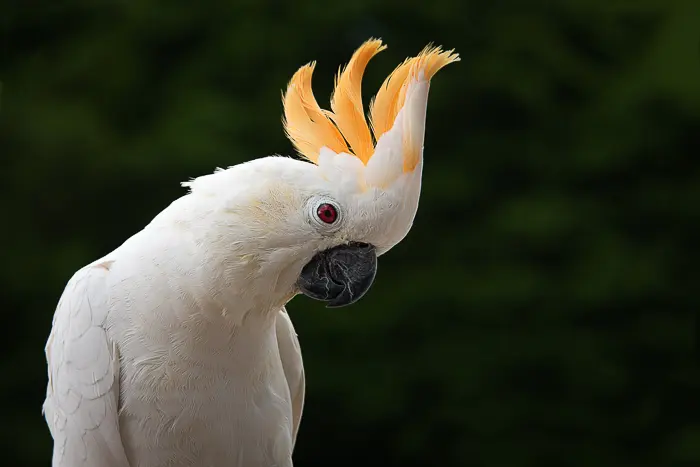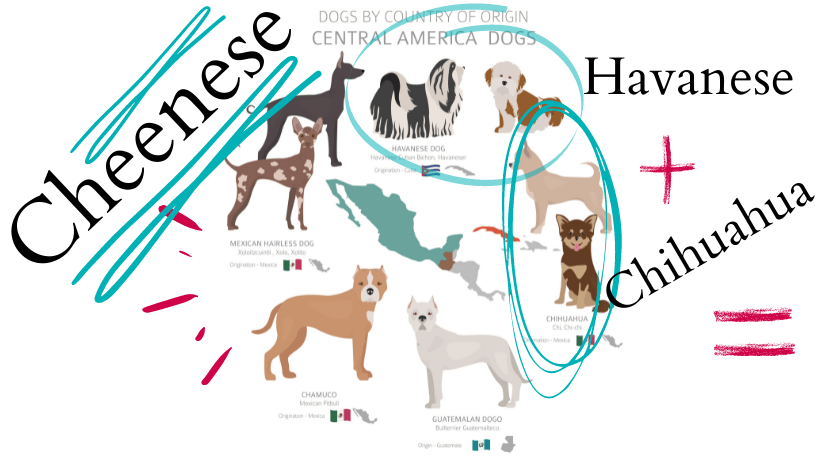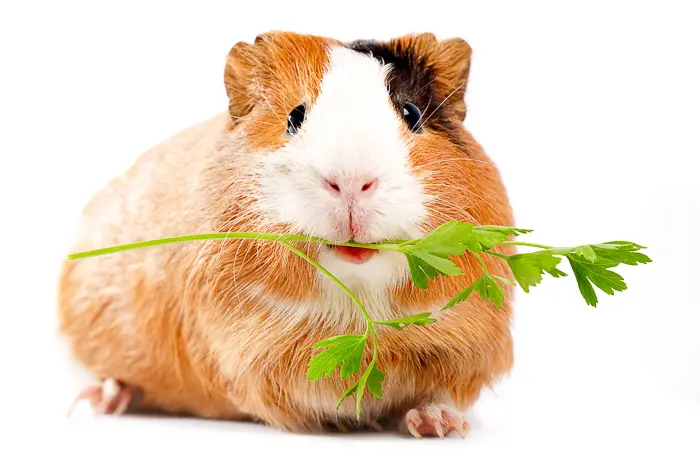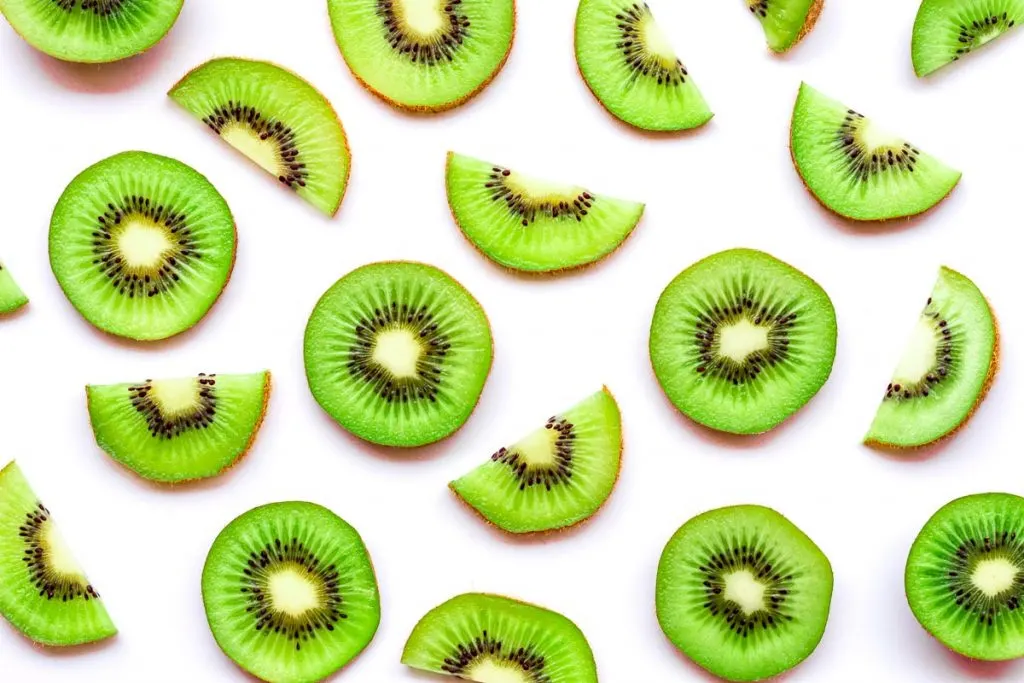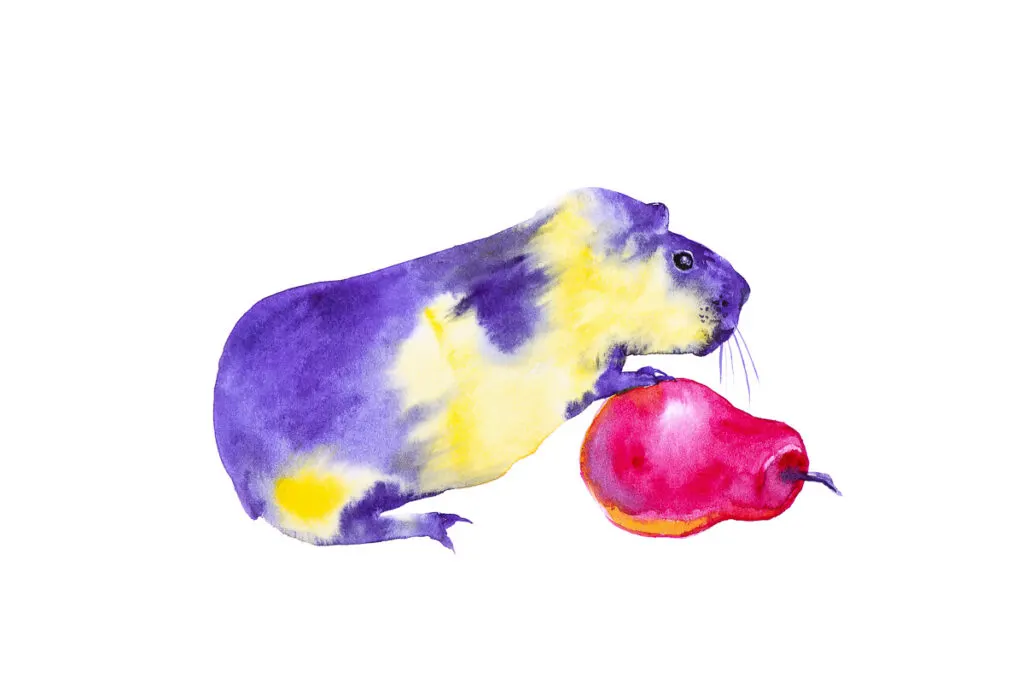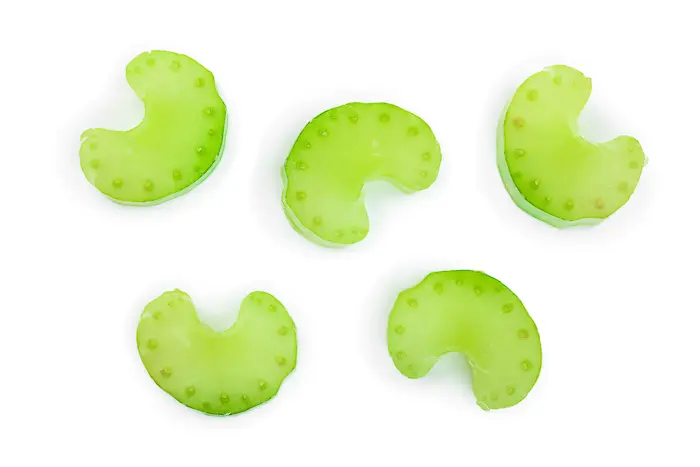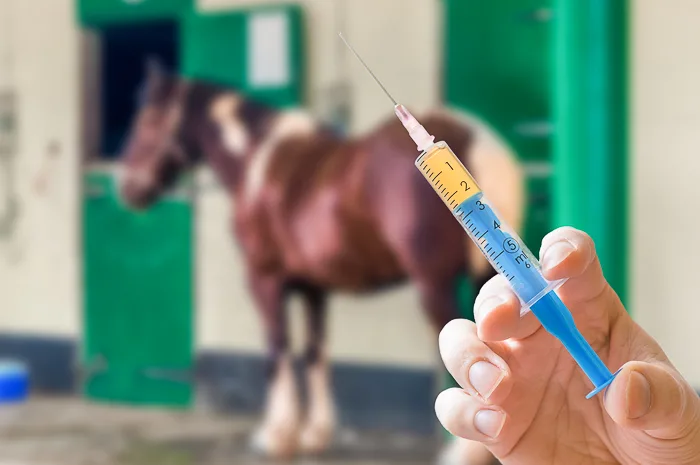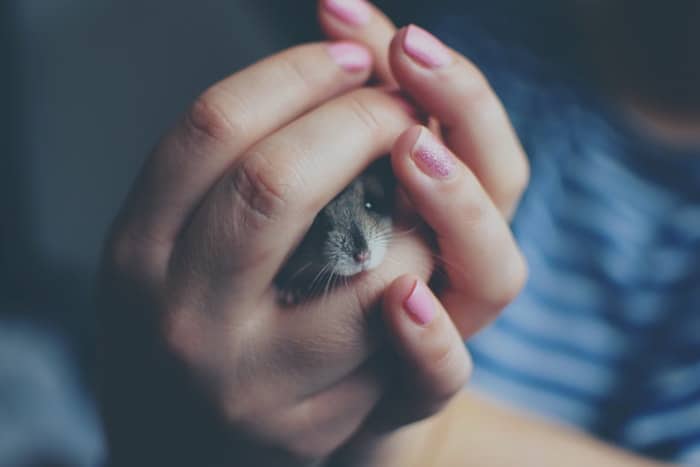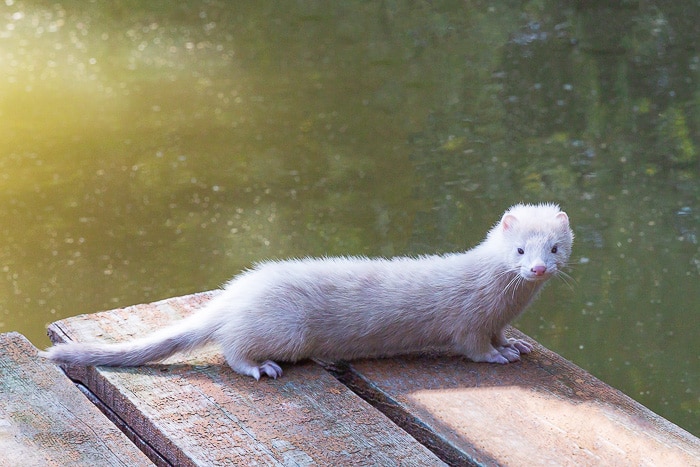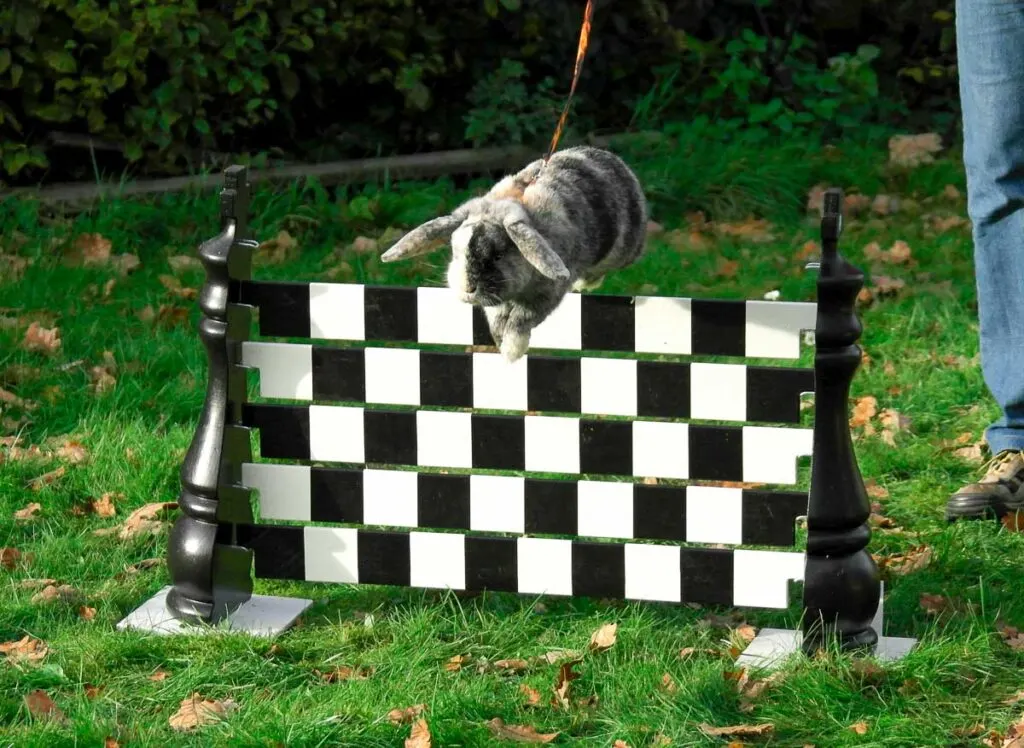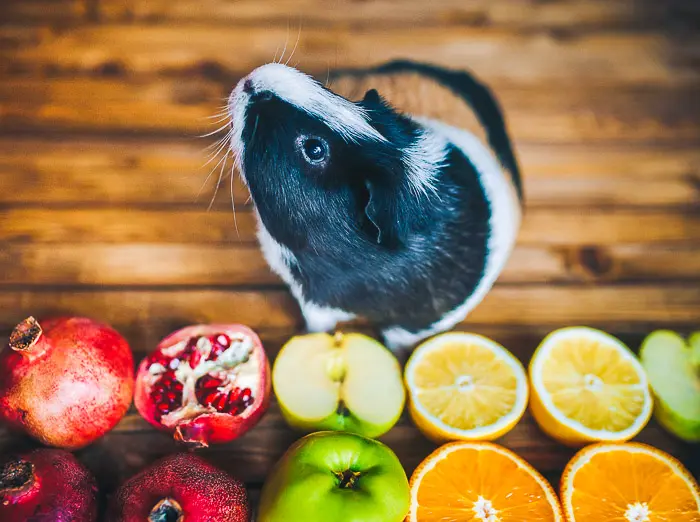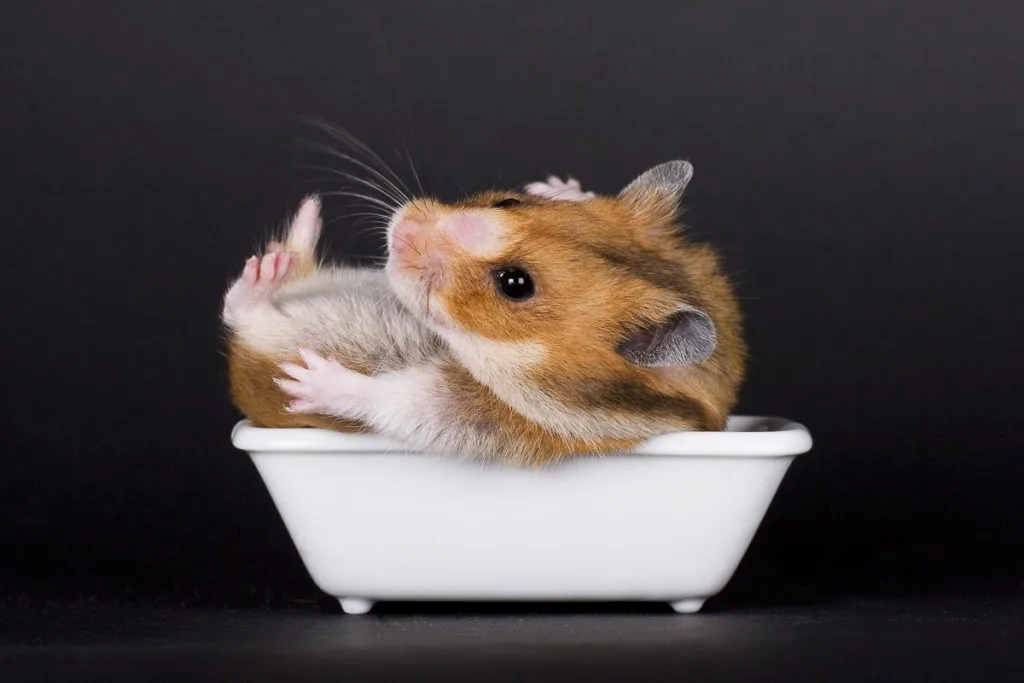Can Guinea Pigs Swim
Natural Swimmers
Guinea pigs are capable of swimming, but it's important to understand that they generally don't enjoy it. In their natural habitat, these pet rodents prefer to stay dry and away from water sources, digging burrows to remain safe and dry. If you're considering letting your guinea pig swim, keep in mind that their swimming ability is mainly an instinctual survival mechanism to escape predators and not performed because they enjoy the activity.
If you do decide to introduce your piggie to water, start with a very shallow amount—no higher than their thigh high, as deeper water may be dangerous. Make sure their feet can touch the ground, and monitor them closely to prevent distress or harm. More on this here in a sec…
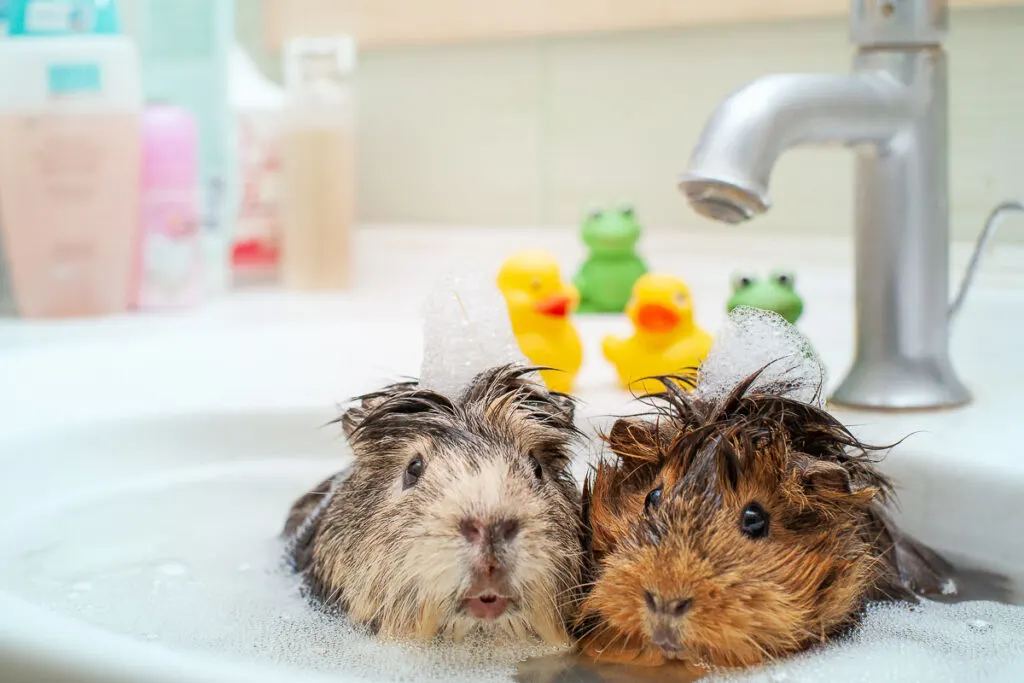
Here are some things to think about when considering whether to let your guinea pig swim:
- Stress: Most guinea pigs find swimming stressful, as it's not a natural behavior in their day-to-day life. Be mindful of the level of stress your particular guinea pig is under when introducing them to water. If they seem overwhelmed with the idea of swimming, stop , and do not proceed with swimming.
- Health risks: Swimming could lead to ear infections and other health complications. Keep an eye on your guinea pig for any signs of discomfort or illness after exposure to swimming.
- Cleanliness: Guinea pigs love to be clean, but they don't necessarily need a watery bath for that purpose. A gentle grooming session is often enough to keep them happy and tidy.
Risks and Dangers
Health Concerns
When exposing your guinea pig to water, you should be aware of several issues that may come up. Guinea pig skin is prone to infections, because water can remove their natural protective oils that help stave off infections. This can cause stress to your pets, potentially leading to further health issues down the road. Trust me, you don't want to deal with this!
Another infectious concern is the development of ear infections. If the water is too deep and their head goes below the surface of the water, water can enter their ear canals, which can be life-threatening if left untreated.
Respiratory infections are another possible risk that us vets worry about when guinea pigs are left to swim in water. If your guinea pig inhales or swallows water, it can lead to bacteria buildup in the respiratory tract and unfortunately potentially lead to pneumonia, which can be fatal in some cases.
Additionally, being wet can lower your guinea pig's body temperature, making them vulnerable to hypothermia if not dried off and warmed up promptly.
Water-Related Hazards
Apart from the health concerns, you should also be mindful of certain water-related hazards. If your guinea pig accidentally falls into a swimming pool or body of water, you need to quickly remove them to prevent them from drowning. Make sure that any water they are exposed to is shallow enough for their feet to touch the ground so that drowning is never an issue.
Chlorine and other chemicals in treated pool, hot tub, or bath water can be harmful to their skin and eyes. Additionally, salty water can irritate your guinea pig's skin, eyes, and nose. It is essential to double check the water type and quality when considering introducing your guinea pig to water.

Guinea Pig Water Safety
Proper Bathing
When it comes to bathing your guinea pig, it's essential to be mindful of their safety and comfort. Even though guinea pigs can swim, they often get stressed when placed in water. To ensure a positive experience, follow these guidelines for proper bathing:
- Water Depth: Use shallow water, barely covering your guinea pig's legs. They have no depth perception and can't tell how deep the water is, causing stress.
- Water Temperature: The water should be lukewarm, as guinea pigs are sensitive to temperature changes. Too hot or too cold water can cause discomfort and potential health issues.
- Bathtub: If you must use a bathtub or sink, make sure it has a non-slip surface to prevent your guinea pig from slipping and getting hurt or from getting scared due to the feeling of losing their grip.
- Short and Sweet: Keep the bath time brief and always supervise your pet during the process. Be gentle while handling your guinea pig and use a soft towel to dry them off immediately afterwards.
Alternative Water Activities
Shallow Water Play
Guinea pigs are not big fans of swimming, but they can enjoy some water-based activities in a safe and controlled environment. You can provide them with shallow water play using a shallow tray or dish. Fill it with a small amount of clean fresh water, just enough to cover their paws. This way, your guinea pig can experience the sensation of water without becoming scared or experiencing skin irritation.
Toys and Mazes
While guinea pigs may not enjoy swimming, they do appreciate engaging in activities that stimulate their natural curiosity. Providing your guinea pig with toys and mazes can keep them entertained, happy, and mentally stimulated. Some ideas for toys and mazes include:
- Cardboard tunnels for them to explore
- Small hideouts or boxes for them to hide in
- Chew toys to nibble on and promote dental health
- Puzzle toys to challenge their problem-solving skills
- Soft fleece toys for comfort and snuggling
By offering your guinea pig alternative activities that cater to their interests and natural instincts, you can keep your rodent friend happy and engaged without subjecting them to the stress of swimming. Remember, guinea pigs enjoy land-based activities just as much as water-based ones, so focus on providing a diverse range of stimulating experiences for your pet.
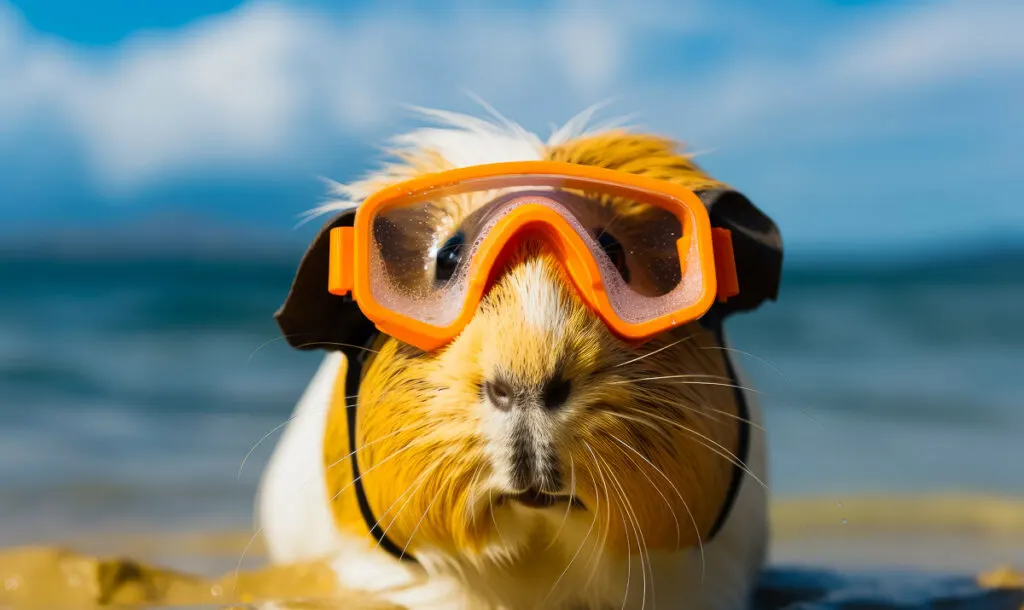
Guinea Pig Adaptations
Natural Habitat
Guinea pigs are native to South America, which primarily inhabit grasslands and areas with plenty of vegetation. These creatures typically live in underground burrows, which offer protection from predators and provide an ideal environment for their sensitive bodies. In their natural habitat, guinea pigs are constantly on the lookout for food sources, such as various grasses and plants, which make up the majority of their diet.
Physical Attributes
Belonging to the Caviidae family, guinea pigs are not the largest rodents in the world, but they possess unique physical attributes that aid in their survival. A key feature is their powerful legs, which enable them to quickly escape from predators like cats and their compact bodies are built for navigating through grasslands and burrows.
Although guinea pigs can technically swim, it is important to note that they do not enjoy it, and their bodies are not built for regular swimming. In the wild, they only swim to avoid drowning or in rare instances of escaping from pursuers. Their limited depth perception also makes it difficult for them to determine how deep the water is, making swimming a potentially stressful and unsafe activity for your pets.
So, while guinea pigs are well-adapted for their natural environment with their physical attributes and dietary preferences, swimming is not a typical aspect of their lives. Keeping your pets comfortable and safe involves respecting their innate preferences and providing them with a suitable habitat that caters to their natural instincts.
Guinea Pig Care and Grooming
Grooming Themselves
Guinea pigs are naturally clean animals and often groom themselves. They use their mouth and front paws to clean their fur regularly. However, as a pet owner, you should still provide additional care to keep your guinea pig clean and healthy.
Proper Hair Care
Guinea pigs with short hair require less maintenance than those with long hair. For short-haired piggies, simply brush their hair once a week using a soft brush to remove any loose hair and dirt. This will also help prevent matting and ensure their fur remains clean and smooth.
Long-haired guinea pigs, on the other hand, require more attention. Regular grooming is essential to prevent their hair from becoming tangled or matted. It would be best if you brushed them daily using a wide-tooth comb or pin brush.
Carefully untangle any knots or mats that you encounter and consider trimming their hair to a manageable length to make grooming easier and prevent it from dragging on the ground.
When it comes to bathing, guinea pigs do not require frequent baths. In fact, excessive bathing can strip essential oils from their skin, leading to dryness and irritation. However, if your cavy does get particularly dirty or smelly, you can give them a shallow bath using a gentle guinea pig-specific shampoo.
Be prepared for them to feel panicked and frightened as they typically don't enjoy the experience. Rinse the shampoo thoroughly and dry them using a warm towel. Ensure that they remain in a warm, dry place until completely dry to prevent chills and potential illness.
Summary: Can Guinea Pigs Swim?
While guinea pigs have the ability to swim, it's generally not a veterinarian-recommended activity for them.
To minimize the risks, consider using a shallow, clean water source free of chlorine or chemicals. Always supervise your guinea pig during any water exposure and prioritize their safety and well-being.
Remember to always keep your pet's safety, comfort, and happiness top of mind when introducing new and stressful activities into their lives- the benefits may not necessarily outweigh the physical and mental drawbacks.
![[Vet Explains Pets]](https://vetexplainspets.com/wp-content/uploads/2024/09/cropped-vetlogo-199x66.png)

